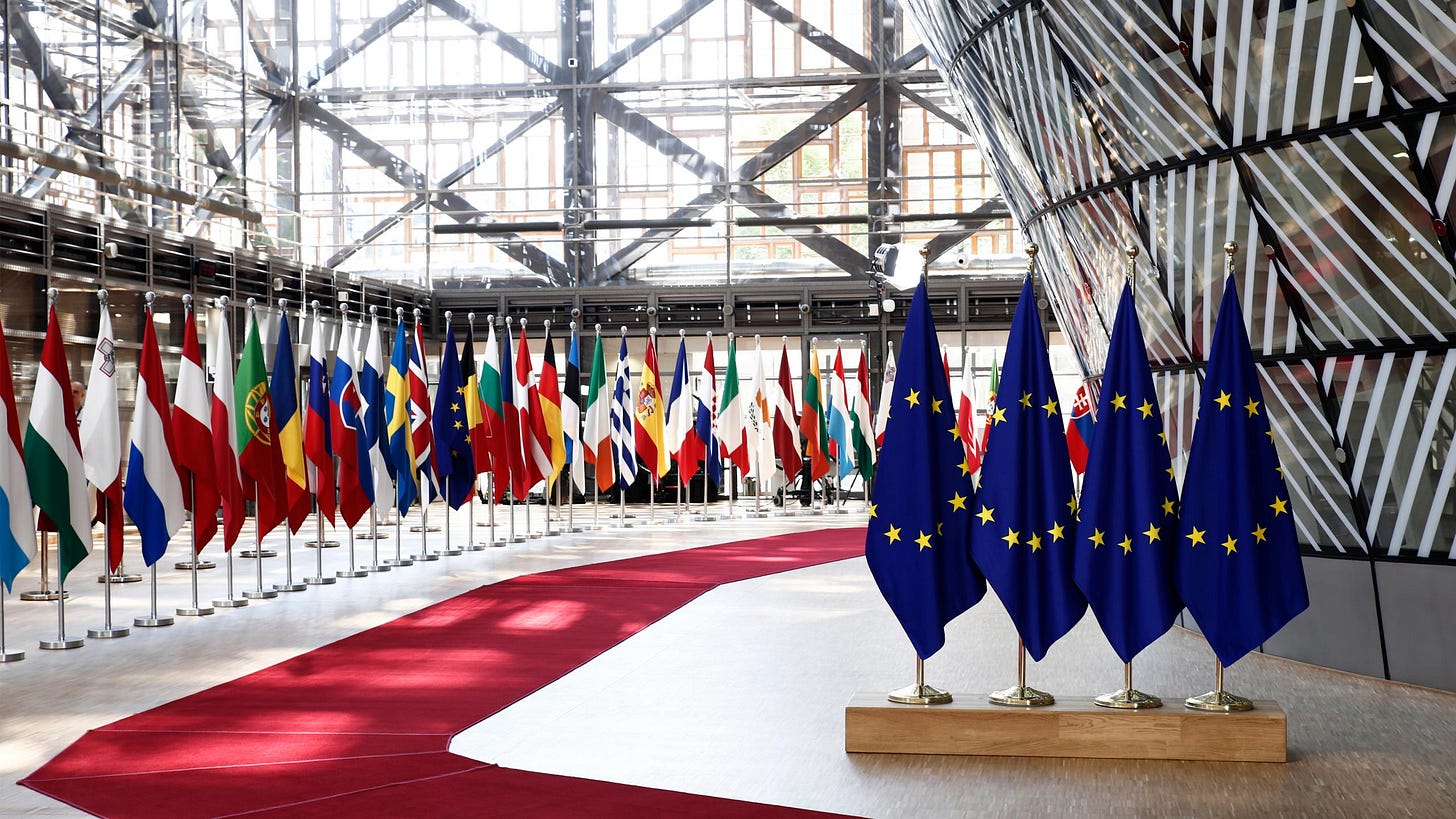Energy in focus - State of play and proposals
What is the current state of play when it comes to European energy? What are the latests Commission's proposals?

The current state of play
Measures
The main package of measures so far has been the REPowerEU communication of May 2022. The goal of REPowerEU is to get rid of coal, oil, and gas of Russian origin. Three guidelines follow:
reduce energy consumption,
diversify gas sources,
invest in renewable energies and hydrogen,
build liquefied natural gas terminals.
The first of these milestones is well underway, as the French newspaper Le Monde reported:
So far, the EU-27 have been able to respond to the first challenge posed by the war in Ukraine: to be able to do without Russian gas this winter. They have reduced their gas consumption (by 15%) and have committed to reducing electricity consumption (by 5% at peak times). They have filled their reserves to over 92% and increased their purchases from other suppliers, such as Norway and the United States.
Furthermore, the EU signed agreements with gas exporters Egypt and Israel and collaborates with Azerbaijan to reinforce the South European southern gas corridor. The EU also increased its imports from Norway.
The Commission proposed to increase the objectives of renewables in the European energy mix, from 40 to 45% by 2030.
Sanctions
After the recent adoption of the 8th sanctions package, European sanctions on Russia include:
A total ban on Russian coal imports,
A ban on maritime import of Russian oil,
A price cap on the transport of Russian oil,
A ban on the export of goods and technologies to the Russian oil sector,
A ban on new investment in the Russian oil sector.
Lastest proposals from the Commission
Earlier this week, the European Commission unveiled additional measures to fight the rising energy prices. Among them, the Commission proposes:
A dynamic cap on gas purchase
Common gas purchase
a €40 billion envelope to fight spiking energy prices.
The EU would thus impose a temporary cap beyond which transactions would be impossible on the TTF, the main European gas exchange based in the Netherlands. This cap would be "flexible and dynamic" in order to adapt to the market, in the words of Ursula von der Leyen. - Toute l’Europe
The Commission announced it would like to draft, in 2023, a new gas trading benchmark that would take liquefied natural gas into account.
These measures are to be discussed at today’s and tomorrow’s Council meeting in Brussels. Because of the sheer amount of topics to discuss and the difficulty of a common position, the meeting is expected to continue over the weekend.




